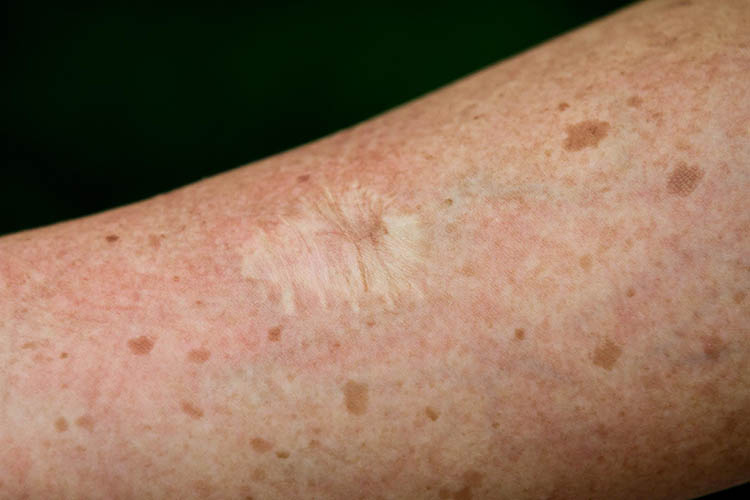
https://www.youtube.com/watch?v=I2z9PwCEnlU&feature=youtu.be
Although faced with monsoon rains, lunging dogs, and getting lost on winding dirt roads on long days during which she might only see five people, School of Public Health Master’s student Kate Helmick just can’t say enough about her summer experience gathering toenail and saliva samples in Ronphibun, Thailand.
“Even though I was doing the same thing every day, the days were not the same,” Helmick said of the work she did to collect the samples from residents to check for signs of chronic arsenic poisoning.
“I wasn’t sure how the people would respond to me but everyone was excited to meet me and very friendly. Some were really touched that someone from a different country would come to research them.”
Helmick was working with a doctoral student from Prince of Songkla University through a connection with faculty member Dr. Laura Rozek, associate professor of Environmental Health Sciences and associate director of the SPH Office of Global Public Health.
Chronic exposure to arsenic impacts about 200 million people worldwide, Helmick said. For those in Thailand it’s due to the aftermath of tin mining operations that contaminated ground water.
Toenails and saliva are the easiest samples to collect in an area where it would be difficult to keep blood and other biomaterials at the proper temperature.
The SPH student not only gathered the samples for lab analysis, she did visual inspections of the people to check for skin lesions that might suggest cancer from the exposure. These lesions are precursors to skin cancer such as Bowen’s disease, basal and squamous cell carcinomas.
Out of the 250 people examined, 125 had suspected lesions, which would later be examined and verified by a dermatologist.
Back at SPH this semester she’s working in Rozek’s lab to further analyze the saliva samples to see how arsenic impacts DNA methylation, a normal biological process that moderates or inhibits gene expression. It’s part of a study called epigenetics, which looks at how environmental factors, such as heavy metal exposure, influence human genetics.
“Little is understood about the role arsenic and epigenetics play in how the lesions are formed so we’re seeing if people with more skin lesions have more epigenetic changes.”
Helmick said the project convinced her that global environmental health was a good career fit.
“Doing research in a developing country is so different than doing it here,” she said. I was embedded in this community, which was an awesome experience.
“As a tall, pale, blond woman I stuck out a lot. But their culture is just so welcoming and friendly. They invited us in, gave us food picked from their gardens, and told us stories.”
“I got to experience a lot of really good food, and my spice tolerance increased a lot!”
Photos and Video by Marc-Grégor Campredon
kapslar;
lösningar för injektion;
geler;
salvor;
tinkturer;
Filmer;
tuggbara snabbverkande tabletter Hjärta och blodrelaterade problem.
Hur kan man förbättra potensen?
Erektionsstörningar är oftast förknippade med en minskning av testosteronsyntesen. Det finns flera sätt hur du kan förbättra styrkan på egen hand.




